The views expressed in our content reflect individual perspectives and do not represent the authoritative views of the Baha'i Faith.
One of the wisest things my father ever said to me was to make sure I read my Bible.
In my early twenties, I struggled with the metrics of manhood; wrestling with patterns of behavior rooted in archaic notions of masculinity that dishonored not only myself, but also the women who were close to me; and nursing deep-seated wounds suffered in childhood.
A rootless wanderer, a ship unmoored, tossed in restless seas searching for a point of anchoring—I was looking for me, trying to know my own self long before I read this powerful advice from the Baha’i teachings:
… man should know his own self and recognize that which leadeth unto loftiness or lowliness, glory or abasement, wealth or poverty. – Baha’u’llah, Tablets of Baha’u’llah, p. 34.
Sensing my struggle, my dad encouraged me to read the sacred writings of the Torah and the Gospels, hoping the insight and wisdom enshrined within them would serve as a grounding force and a hedge of protection against the many tests I would ultimately face.
My spiritual distress made me open to the suggestion, so in the spring of 1990 I began a months long journey through the Old and New Testaments, eager to discover the key to inner peace. I read the stories of Cain and Abel; Abraham; David and Goliath, and Moses. I loved the poetry of the Psalms, and the redemptive message of Joseph and his coat of many colors, but the parables of Christ moved me the most.
The shepherd’s use of deceptively simple language to convey transcendent truths resonated with me–and reminded me, in some sense, of the black linguistic tradition with its multiple layers of meaning and coded messaging.
I had always marveled at the inventive brilliance and sly wit characteristic of African American vernacular expressions, which can mean one thing in one context, and something else in another. The phrase: A hard head makes a soft butt, for example, seems nonsensical in its literal interpretation, but its coded meaning gives us a timeless instruction that obstinance has consequences.
In the book of Matthew, chapter 19, verse 24, Christ said: “It is easier for a camel to pass through a needle’s eye than for rich man to enter the kingdom of heaven.” Again, when read literally the phrase makes no sense, but its hidden meaning, its concealed reality, penetrating and transcendent, warns against the hubris sometimes associated with wealth.
Could it be that enslaved Africans, observant and innovative, recognized in the Biblical parables a useful methodology for encoded messaging that could serve them in this strange new land?
In Matthew 10:39, Christ makes an astounding statement that would shape the trajectory of my spiritual journey, leading eventually to my embracing of the Baha’i Faith, and its core principle—the oneness of mankind. Counseling his twelve disciples before sending them into the world to spread the gospel, Christ said, “He that findeth his life shall lose it: and he that loseth his life for my sake shall find it.”
This seemingly contradictory statement, rich in irony and paradox, emphasizes the indispensable role sacrifice plays in the process of redemption. In this case, the ego or the insistent self must be discarded before a deeper, more fully-realized version of the self can emerge. The wisdom of this profound spiritual admonition has implications as wide and deep as the sea.
In the Baha’i Faith, no teaching, no principle is held in higher esteem than the principle of oneness, or the unity of humankind. It is the “pivot around which all of the other teachings revolve,” according to Baha’u’llah, the prophet and founder of the Faith. But the Baha’i vision of unity calls not for uniformity but for diversity, a perspective diametrically opposed to any vapid notion of “color blindness” rooted in well-intentioned but misguided theories of cultural homogeneity:
The Baha’i Writings … answer the question of minorities with a call to “unity in diversity,” [and] “pluralism in togetherness” … To preserve and honor diversity without making differences a cause for conflict requires a new way of thinking, based on respect for the rights of every individual. – Baha’i International Community, August 7, 1995, Prevention of Discrimination and Protection of Minorities, Statement to the United Nations.
In the context of the Baha’i teachings, then, diversity becomes a prerequisite for a unity that delights in cultural variance. As Abdu’l-Baha, the son of Baha’u’llah and his appointed successor so eloquently said:
Consider the flowers of a garden: though differing in kind, colour, form and shape, yet, inasmuch as they are refreshed by the waters of one spring, revived by the breath of one wind, invigorated by the rays of one sun, this diversity increaseth their charm, and addeth unto their beauty. Thus when that unifying force, the penetrating influence of the Word of God, taketh effect, the difference of customs, manners, habits, ideas, opinions and dispositions embellisheth the world of humanity. This diversity, this difference is like the naturally created dissimilarity and variety of the limbs and organs of the human body, for each one contributeth to the beauty, efficiency and perfection of the whole. When these different limbs and organs come under the influence of man’s sovereign soul, and the soul’s power pervadeth the limbs and members, veins and arteries of the body, then difference reinforceth harmony, diversity strengtheneth love, and multiplicity is the greatest factor for co-ordination. – Abdu’l-Baha, Selections from the Writings of Abdu’l-Baha, p. 291.
I embraced the Baha’i Faith in 1992 partly because this concept appealed to me so much. As a child of parents who were intentional about exposing me to the beauty and diversity of black culture, I internalized a deep reverence and respect for the resiliency and creative ingenuity of a people exposed to sustained trans-generational trauma. I was not going to relinquish it under any circumstances. Fortunately, as a Baha’i, I didn’t have to. Due regard for one’s culture of origin is stitched into the very fabric of the Faith.
But Christ’s teaching on the intrinsic link between sacrifice and rebirth haunted me. Could it be that there existed within the concept of unity in diversity—the realization of which would bring about the rebirth of human civilization—an essential dimension of sacrifice? Were there expressions of culture that needed to be consigned to the fire to stoke the flame of oneness? What needed to die in me, so that I might live?
The world’s great religions differ in form and structure, but all of them bear the mark of a set of timeless spiritual principles that form the bedrock of a refined and noble character. Such virtues as peace, justice, forgiveness, equanimity, forbearance, patience, courage, and faith are as revered by a true Christian as by a true Muslim, or Buddhist, or Hindu, or Jew, or Baha’i. These changeless values comprise the spiritual DNA of revealed religious truth.
From the Baha’i point of view, the differentiation amongst religions comes, principally, from their social teachings, which evolve as society evolves. The messengers and prophets of God reaffirm humanity’s essential spiritual nature by emphasizing the core spiritual values necessary for the development of the soul, but they also restructure human society by introducing laws suited for the age.
In this context, any cultural practice that undermines either the spiritual nobility of man, or the social order the divine messenger has come to establish, must be discarded sacrificially, for the advancement of human civilization. False notions of cultural superiority or inferiority; archaic cultural practices that result in emotional, psychological, or physical damage to marginalized segments of society; dogged devotion to illusory visions of cultural purity—all must be cast into the fire of obsolete, forgotten doctrines. The realization of the spiritual reality of the oneness of humanity demands it, and the Baha’i teachings call on everyone to search their souls and find ways to practice it:
Baha’u’llah compared the world to the human body. There is, indeed, no other model in phenomenal existence to which we can reasonably look. Human society is composed not of a mass of merely differentiated cells but of associations of individuals, each one of whom is endowed with intelligence and will; nevertheless, the modes of operation that characterize man’s biological nature illustrate fundamental principles of existence. Chief among these is that of unity in diversity. Paradoxically, it is precisely the wholeness and complexity of the order constituting the human body—and the perfect integration into it of the body’s cells—that permit the full realization of the distinctive capacities inherent in each of these component elements. No cell lives apart from the body, whether in contributing to its functioning or in deriving its share from the well-being of the whole. The physical well-being thus achieved finds its purpose in making possible the expression of human consciousness; that is to say, the purpose of biological development transcends the mere existence of the body and its parts. – Baha’i International Community, 3 March 1995, The Prosperity of Humankind, prepared for the United Nations World Summit on Social Development.


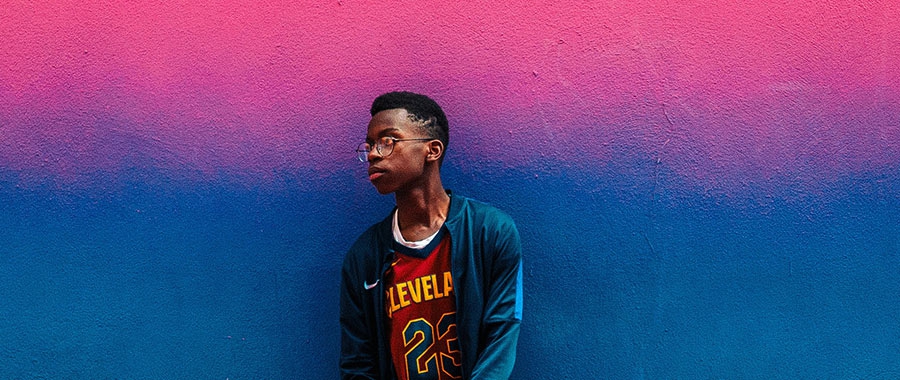
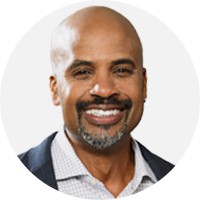

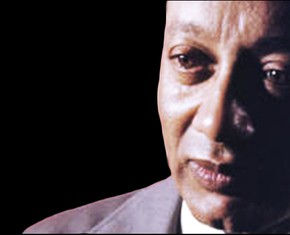
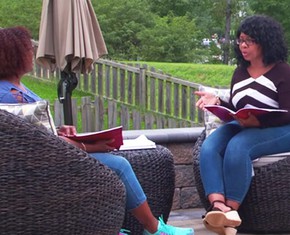
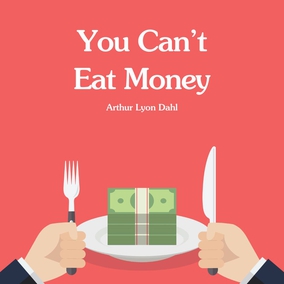








Comments
Sign in or create an account
Continue with Googleor